The Mediterranean climate of Greece is characterized by strong sunshine and long dry summers. Combined with the landscape variations and the favorable soil, it creates the ideal conditions for viticulture. Greece has a long tradition in wine making which is dating back to the early Neolithic era. There are hundreds of Greek wine varieties, some of them praised with distinctions and awards and exported all over the world.
Following, we have gathered ten Greek wine varieties you should try or, if we could use a better wording, ten varieties that you should offer as gift to yourselves, either if you are a social drinker with a good taste or a demanding connoisseur. Some of the varieties are ancient, other are rare, but all of them are bearing the signature of amusement and well-being. May this list to be the first stop of your long trip to the vineyards of the generous Greek land.
1.
Limnio
Limnio is one of the oldest recorded grape varieties in the world. It produces dry red wines, with a solid and at the same time refined character. They have high alcohol content, medium color depth and pure taste. Silky tannins and aromas of red fruits, herbs and spices complete the identity card of the wines of the variety. In the homonymous label “Limnio” by Vourvoukelis Estate, which was included in the Independent list of wines you must try in 2020, all the graces of this special grape are expressed. Limnio is also combined with white wines, mainly with the muscat variety, to produce rosé wines.
2.
Assyrtiko
In the armory of the Greek vineyard, Assyrtiko could be characterized as the heavy artillery. The wines of this variety are crispy, refreshing, with high acidity. They emanate aromas of citrus, yellow fruits and tea leaves and they express the mineral intensity they receive from the volcanic soil of Santorini, the famous island from which they originate. Assyrtiko is one of the main varieties participating in the production of the globally acclaimed dessert wine Vinsanto.
3.
Xinomavro
Internationally recognized red grape, capable of creating amazing multilevel full-bodied wines with firm tannins. The mouthfeel is rich, with distinctive floral and spice aromas. Xinomavro is ideal for long aging.
4.
Roditis
The rosy-skinned grapes of roditis produce refined, light-bodied white wines, with citrus aromas and a pleasant aftertaste. Roditis is cultivated almost all over the Greek mainland and it is used as a base for mixing with other white varieties. Discreet, yet special when bottled alone, it is the absolute value for money.
5.
Malagouzia (or Malagousia)
One of the most popular vine crops in Greece, Malagouzia was almost extinct from the wine map until 1970, when it was resurrected. A representative sample of aromatic white variety, Malagouzia gives outstanding dry and interesting sweet white wines. A reference point in these wines is their intense nose, with immersive elegant aromas of flowers, white-flesh fruits and herbs like basil. Fresh and full-bodied, it is ranking high in alcohol degrees. In the single-variety Malagouzia by Vourvoukeli Estate we will find all its basic characteristics, with an aromatic bouquet of white flowers, apricot and tropical fruits.
6.
Agiorgitiko
It is considered one of the finest Greek red varieties and it is very popular inside and outside the borders. It is cultivated in many places across Greece, but in Nemea it is bearing protected designation of origin indication, so you will find its best version. It is a versatile variety as it produces both young, and aged in barrel, dry red wines. Agiorgitiko wines are rich in flavor, with plush tannins and good aging ability, which brings to the spotlight complex aromas of small red fruits and spices. You will find it also under the names Agiorgitieo, Mavro Nemeas or Mavroudi Nemeas.
7.
Mavroudi of Thrace
Mavroudi is an ancient Thracian variety, distinguished for the dark color and strong tannins of its grapes. It is capable of great aging that contributes to the emergence of all the rich flavors and intensities in the wine. It is usually used for blends, whereas more rarely you will find it bottled as a varietal wine. It is truly a treasure of the Greek vineyard, that was in danger of extinction and only during the recent years started to be cultivated again. The varietal Mavroudi by Vourvoukeli Estate stays in the barrel for 12 months, it can be aged for 8 to 12 years, it has a deep purple color, good acidity and long aftertaste.
8.
Athiri
The golden variety with roots in antiquity has gentle aromas of white and yellow fruits. You can spot it in all the Aegean islands, Crete, Rhodes, but its best version is in Santorini. It is vinified in a variety of ways, but it also provides excellent company in Assyrtiko and Aidani when mixed.
9.
Moschofilerο
Moschofilero is a variety with pink grapes that produce white and, more seldom, rosé wines. It is located in the Peloponnese and its best performance is found in Mantineia. Dry and delicate, with moderate to low alcohol content, it can dazzle you with the force of its aromas. A superb freshness is expressed through aromas of rose petals, lemon, exotic fruits and a discreet dose of spices. The sparkling wines of the variety are also interesting. Moschofilero is an excellent aperitif, but it is also an elegant, tasty and aromatic accompaniment to many dishes.
10.
Pamidi
Pamidi or Pamiti is an ancient indigenous variety of Thrace. It has revived in the recent years and produces rosé wines, while participating in blends with red varieties. Aristocratic and invigorating, Pamidi is distinguished for its high quality of taste which unfolds on multiple levels. It has a moderate acidity, remarkable salmon color and is bursting with strong aromas of strawberry, cherry and raspberry. The homonymous “Pamidi” label of the Vourvoukeli Estate highlights to the fullest the delicious and aromatic possibilities of the variety. In “Avdiros Rosé” of the same estate, it participates with the French Syrah in a blend that will be your ticket for the best olfactory journey of your lives.
You may also like:
Limnio, the Ancient Greek Red that is Becoming a Modern Classic

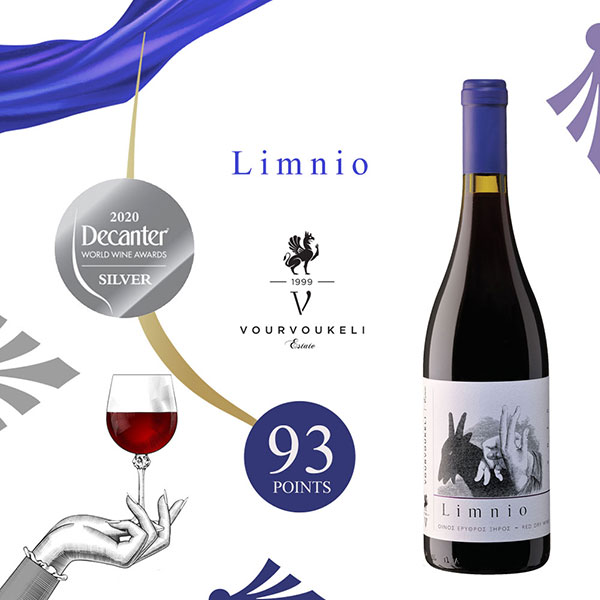
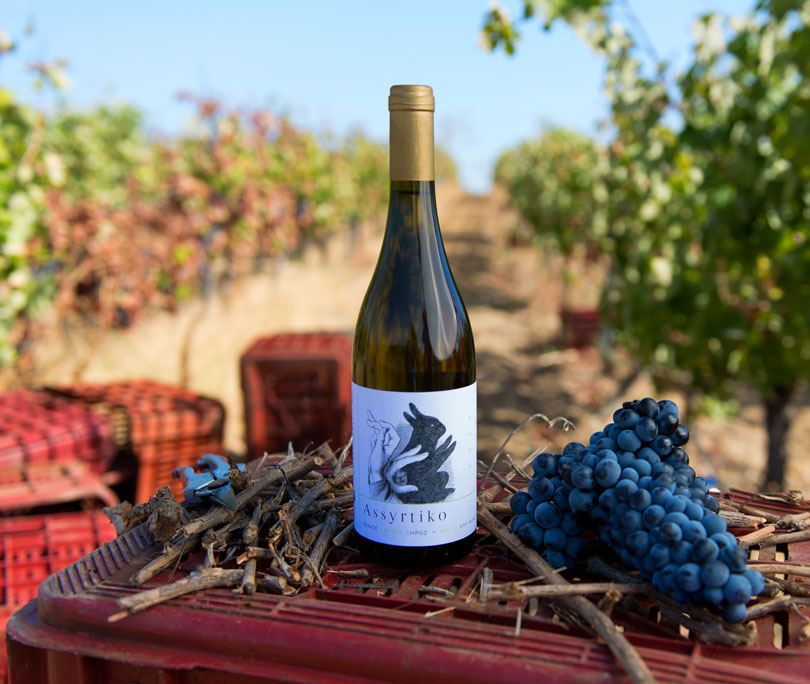
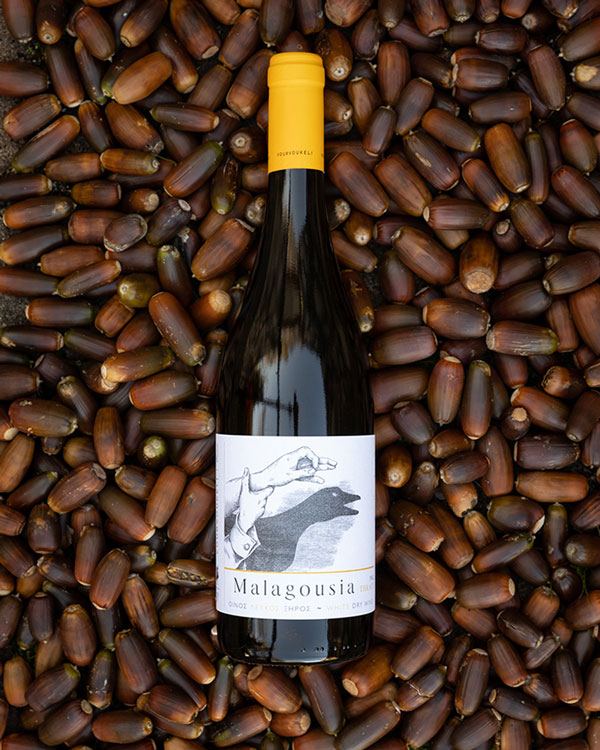
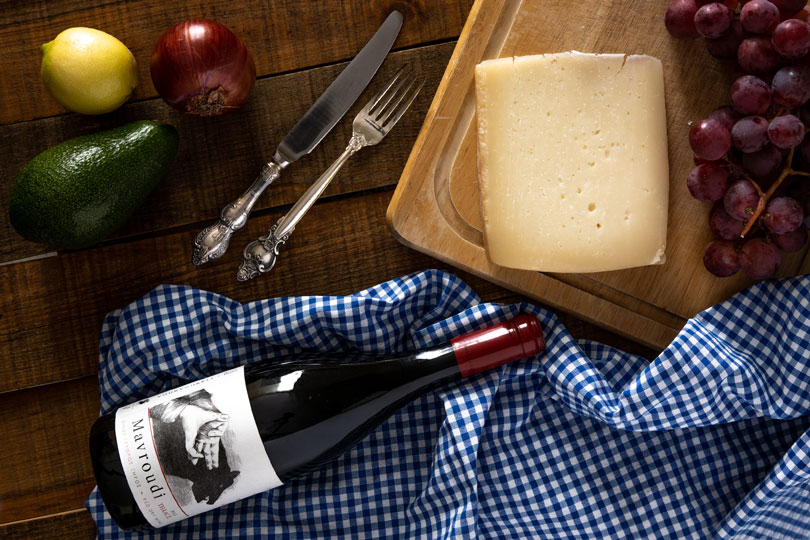
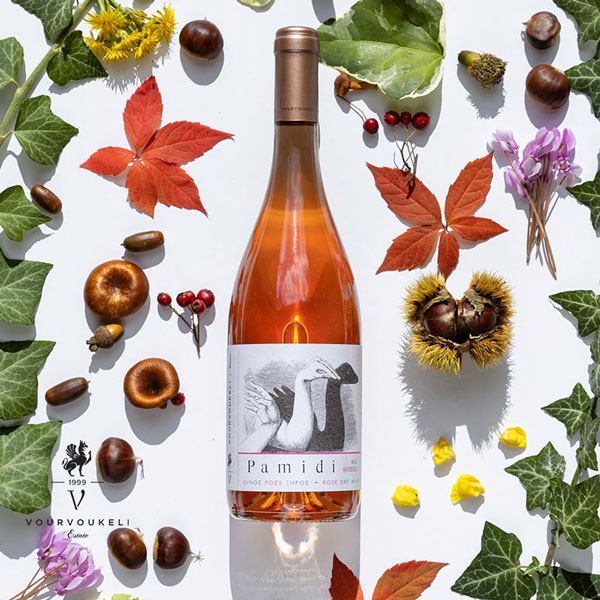
No comments yet. You should be kind and add one!